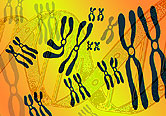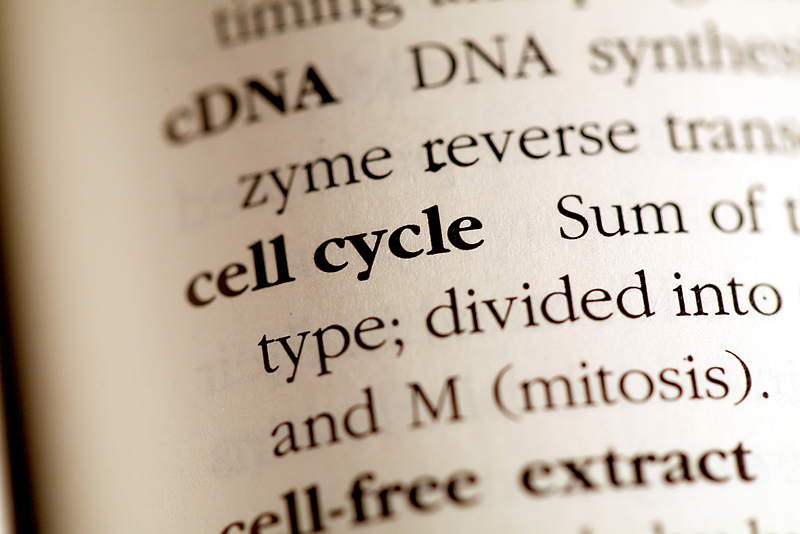
TUESDAY, March 8 (HealthDay News) — Treatment for drug addiction is affected by a person’s genetic makeup and the duration of substance abuse, U.S. scientists report.
A research team at the Brookhaven National Laboratory found that drug addicts who have a certain genetic makeup have lower gray matter density — and therefore fewer neurons — in areas of the brain that are important for decision-making, self-control, learning and memory.
“This research shows that genes can influence the severity of addiction,” study co-author Nelly Alia-Klein, a medical scientist, said in a Brookhaven news release. “The results suggest that addicted individuals with low MAOA [monoamine oxidase A] genotype may need a different kind of treatment than other addicted individuals who carry the high MAOA genotype.”
She said that additional study is needed before treatment strategies should change. “However, addiction treatment professionals and others who manage addicted individuals, such as probation officers and judges, should be informed of these and other new findings in the neurobiology of drug addiction,” Alia-Klein said.
The study, which included 40 men addicted to cocaine and 42 non-addicted men, also found that the longer someone abuses cocaine, alcohol and cigarettes, the lower the amount of gray matter in frontal areas of the brain (responsible for decision-making and self-control) and the hippocampus (responsible for learning and memory).
The finding, published March 7 in the Archives of General Psychiatry, suggests that ending drug use may help protect people against such brain changes.
“Only males were part of this study, and therefore it is important for future studies to examine these genetic and brain effects in females as well,” Klein said. “Also, further studies will have to be done to track these gene-brain behavior patterns throughout a life span that influence the volume of the brain’s neurons.”
More information
The U.S. National Institute on Drug Abuse has more about drug addiction treatments.

